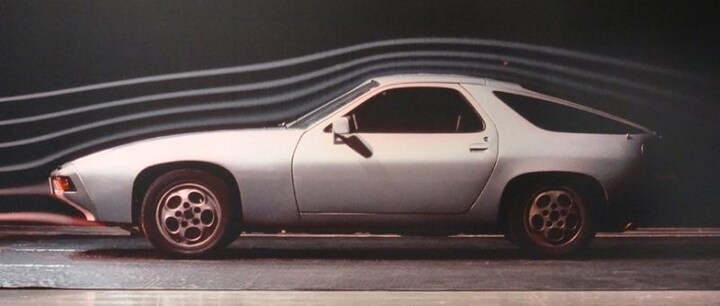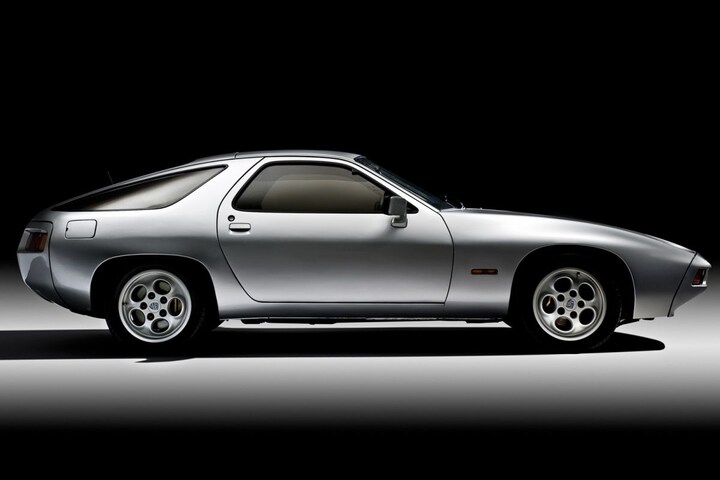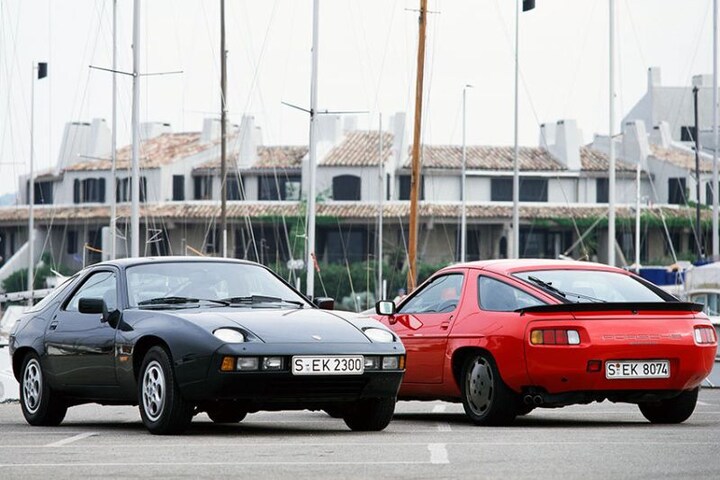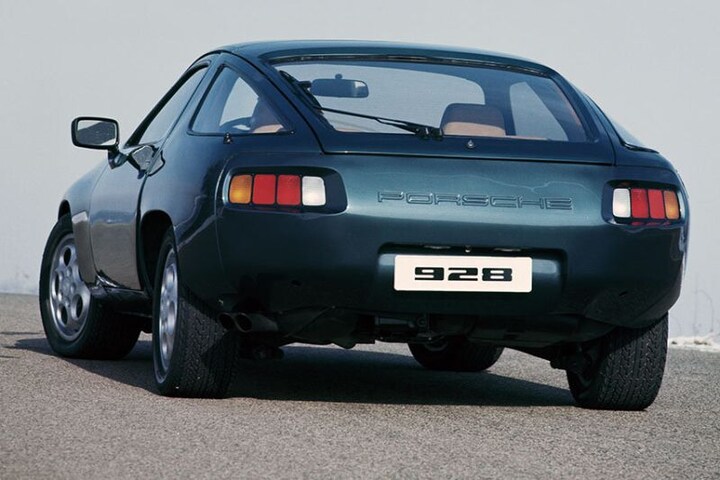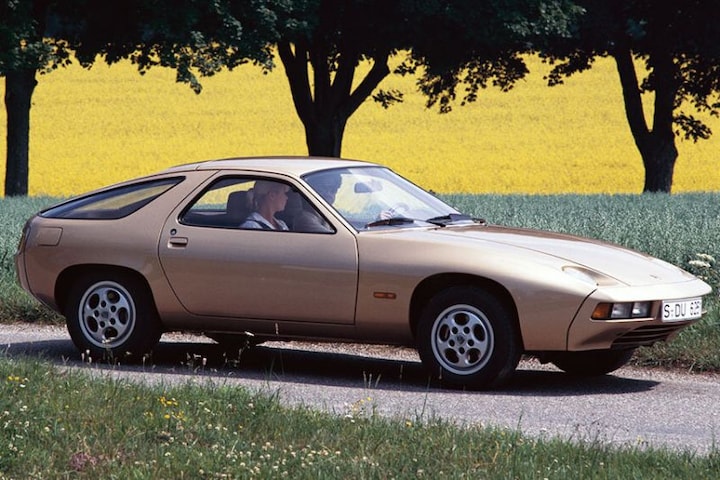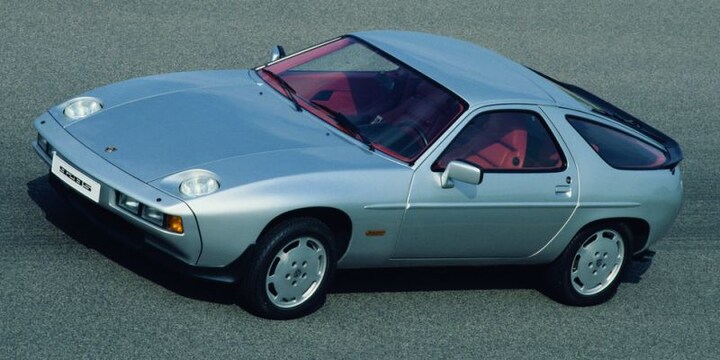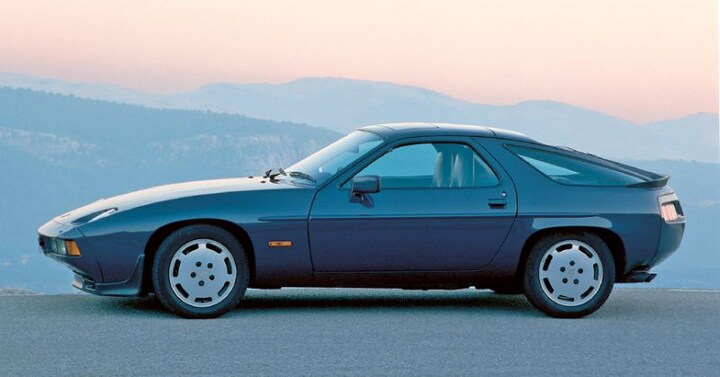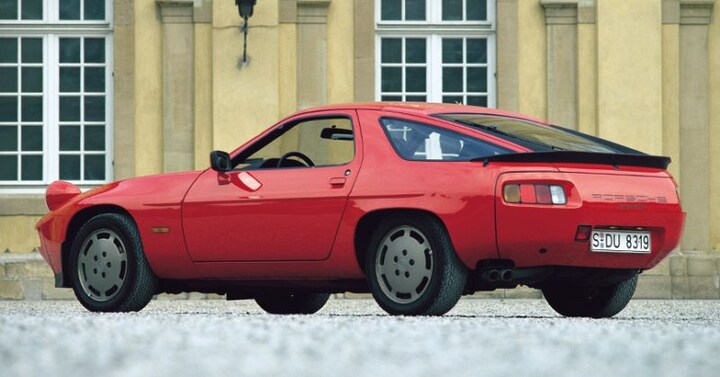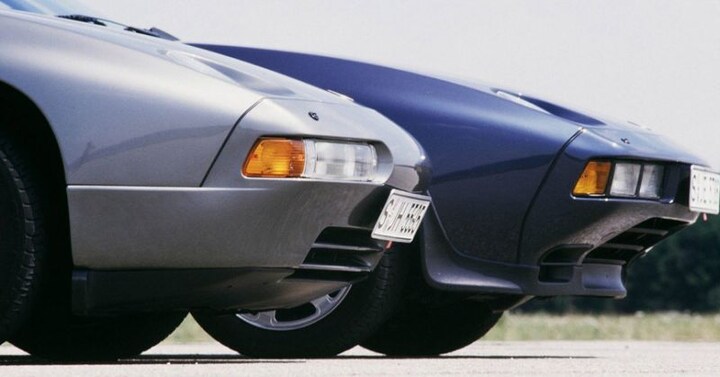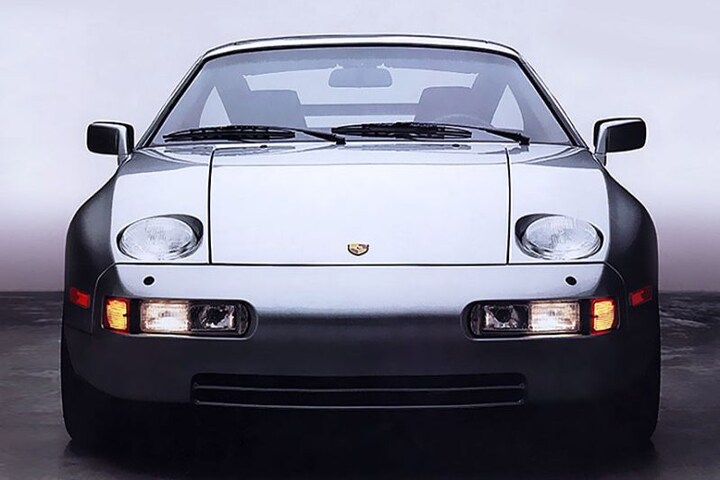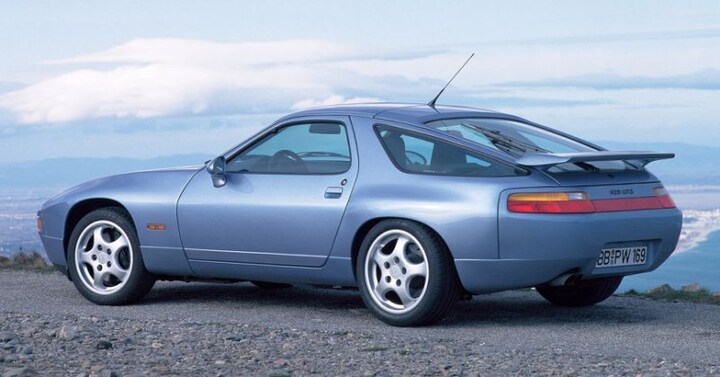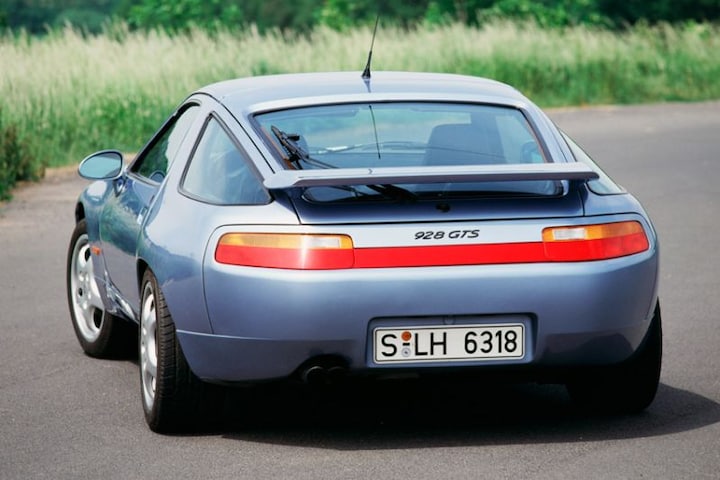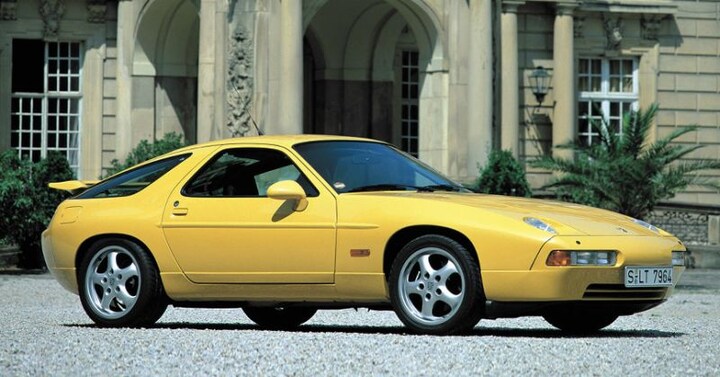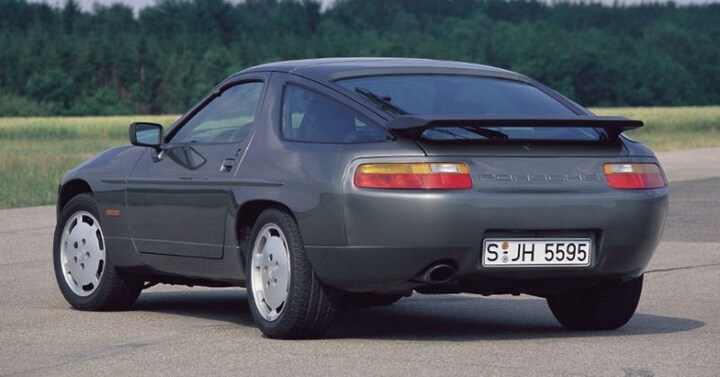Niels van Roij raves about classic GT
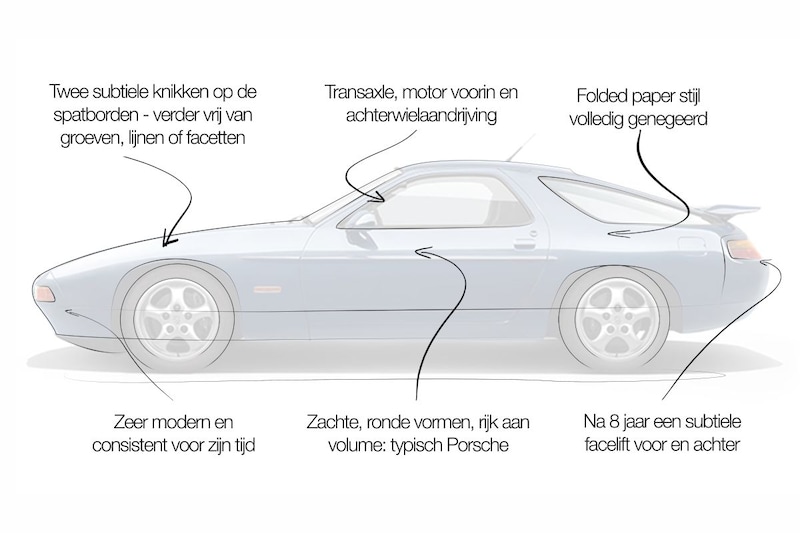
Car designers normally look years into the future for their work. However, Niels van Roij will look back in the coming weeks. This design review focuses on a radical change of course by Porsche, which took shape with the help of talented young designers who strove for perfection. The aesthetically almost perfect Porsche 928.
The 928 was unprecedentedly modern and consistently styled for its time. This sports car came onto the market in 1977. Few cars are aesthetically perfect, but the 928 comes close to this predicate. The 928 was founded by Professor Ernst Fuhrmann, an influential Austrian engineer. He took over as CEO of Ferry Porsche in 1972.

The 911 next to the Porsche 928, which was long thought to be able to take over from the Elfer.

The production version was almost as smooth as this prototype.
Until then, Ferry Porsche had preferred cars that matched the layout that his father Ferdinand had devised with the Beetle. However, Ernst thought that in the wake of the first oil crisis in the 1970s, the prospects for the 911 would be very bleak. Partly influenced by the success of the small 924 coupe, it was clear to Fuhrmann that a layout with transaxle, front engine and rear-wheel drive was the right choice. An entirely new V8 engine would be fitted at the front. Essential to also satisfy the critical American market.

Just like the 924, 944 (and later 968), the Porsche 928 was based on the transaxle principle, with the gearbox placed near the rear axle.
Scrapping the 911 was not even a very absurd idea at the time. A few years before the 928 came onto the market, Jaguar had replaced its E-type with the XJ-S. In England too, people moved away from an icon and the focus shifted from building a thoroughbred sports car to the creation of a gran turismo.
Ex-Opel people to Stuttgart
Like the engineers, Porsche’s design team of newcomers enjoyed an enormous degree of freedom in creating the new flagship. Porsche’s then chief designer, Anatole Lapine, had recently been poached from Opel, which had one of the most professional and advanced design studios at the time. Lapine took a number of Opel colleagues to Stuttgart.

Note the clock, it should have read 9:28, but otherwise a wonderful record.
The popular ‘folded paper’ style was very popular at the time. Those hard shapes, with rising waistline and sharp folds in the surfacing – see DeLorean and Lamborghini Countach – were completely ignored by the team. The Porsche designers set a considerably bolder and, in retrospect, much more timeless course for the style of the 928. That creative vision resulted in softer and rounded shapes, rich in volumes – and typically Porsche at that. It did not make the car a universally popular design at the time.

Hard shapes, sharp creases, that was the design language of the 1970s, which the 928 strongly opposed.
Apart from two subtle kinks, which are definitely not hard creases, at the edges of the front fenders, the 928 is completely free of any grooves or facets in its bodywork. This integral way of designing was unheard of at the time. The front fenders are made of aluminum and are made in one piece – a clear statement of quality in the 1970s. A time when cutbacks were made on everything. Thanks to a series of unique discoveries, the overall appearance of the 928 is pure and still extremely fresh in its original, spoiler- and bumper strip-free form.
The 928 was never available with a chrome border around the windows, a very common element in the 70s and 80s. In the eyes of Porsche, a material like chrome was too archaic and old-fashioned and also completely at odds with the modern and pure design of the car. 928.

Porsche 928
The only elements that actually date the appearance are the shapes of the lighting. The wheel dimensions and the size of the dividing seams also show that the 928 is not a modern car, but a model whose conception took place more than 50 years ago.
A design to which you do not have to add anything or from which you cannot take anything away can be considered a form of perfection. There was no room on the 928 for wild spoilers and glued-on wheel spacers.
After 10 years of loyal service, a subtle facelift was carried out for the front and stern in 1987. Porsche enriched the volumes of the bumpers and installed larger wheels. The GTS version also received wide rear fenders and a horizontal light strip.
Porsche received the Car of the Year award in 1978 for its unprecedented design and engineering performance. The fact that the 928 was not very successful for the brand says more about the people for whom the design was intended than about the leading design work itself.
– Thanks for information from Autoweek.nl

